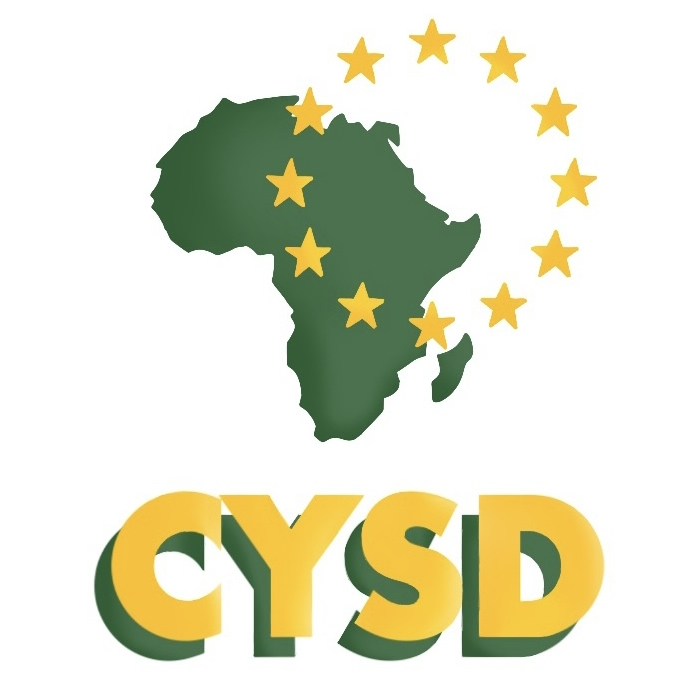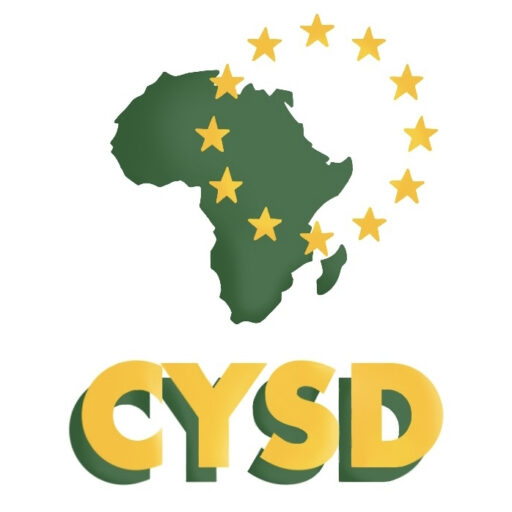Area
(i) economic
GOAL(s)
Select most relevant to SDGs, max. 3 goals (erase the not relevant ones)
GOAL 4: Quality Education
GOAL 8: Decent Work and Economic Growth
GOAL 10: Reduced Inequality
Summary (description and reason to be)
The Department of Basic Education was formed when the former National Department of Education was split into two: Department of Basic Education and the Department of Higher Education and Training. The DBE deals with all schools from Grade R to Grade 12, including adult literacy programmes. The aim of the DBE is to develop, maintain and support a South African school education system for the 21st century.
Target: Vulnerable Group (VG) and/or type of community
The department of education strikes to inclusive education for all, with specific measures to support learners with disabilities and from disadvantaged backgrounds. Many children fall through the gaps in South Africa’s education system. Only half of learners in Grade 1 make it to Grade 12 and many fall short of examination requirements due to poverty, neglect and learning difficulties.
Application setting: context
The Department of Education has the following setting they abide to:
People: Upholding the Constitution, being accountable to the Minister, the government, and the people of South Africa.
Excellence: Maintaining high standards of performance and professionalism by aiming for excellence in everything we do, including being fair, ethical, and trustworthy in all that they do.
Teamwork: Cooperating with one another and with our partners in education in an open and supportive way to achieve shared goals.
Learning: Creating a learning organisation in which staff members seek and share knowledge and information while committing themselves to personal growth.
Innovation: Striving to address the training needs for high-quality service and seeking ways to achieve their goals.
Objectives
Improve the quality of teaching and learning through improving teacher capacity and practices, as well as increase access to high-quality learning materials.
Undertake regular assessment to track progress by establishing a world-class system of standardized national assessments as well as extract key lessons from ongoing participation in international assessments.
Improve early childhood development by universalize access to Grade R (Basic) as well as improve the quality of early childhood development.
Ensure a credible outcomes focused planning and accountability system through strengthen school management and promote functional schools as well as strengthen the capacity of district offices.
Requirements
The Department of Education is required to work on fair:
- Policy on Screening, Identification, Assessment and Support which ensures that every learner can attend and receive support in his or her local neighbourhood school
- The concept of universal design and access in the School Infrastructure Norms
- Guidelines for Full-Service/Inclusive Schools and for Special Schools as Resource Centres
- Guidelines for Curriculum Differentiation
- The establishment of School-based and District-based Support Teams that maximise support delivery at school level through multi-sectoral interventions
Performance procedures
Literacy and numeracy rates are a cause for concern in many South African schools; in 2016 the government asked schools to condone a 20% maths pass mark for pupils in Grades 7-9. One of the fundamental issues over the years has been a lack of basic classroom resources such as workbooks – something the Department of Basic Education has helped to turn around since 2012 with EU support.
A workbook project, funded by the Department of Basic Education through the EU’s Primary Education Sector Policy Support Programme, aims to supply numeracy and literacy workbooks to every child from day one in Grade R to the end of compulsory education in Grade 9. Carried out by a joint venture of three firms – printing companies Lebone Litho and Paarl Media, and delivery firm UTI – it prints and delivers some 56 million workbooks each year to over 24,000 schools, the majority in rural areas.
In the process they created 3,600 permanent jobs across the production chain, from printing and packing to warehousing and distribution, and employ over 5,000 people at peak times.
Performances in Schools is very difficult to assess every time as sometimes learners fall out due to poor performances and even been upgraded to higher grades without basic knowledge or not been able to read or write. Teachers face a huge task as one classroom can have more than 40 learners to one teacher which is difficult to manage in poor communities.
Activities
Schools across the country are receiving support from the National Treasury to adapt their buildings for wheelchair access and improve teaching support and assessment, but this remains work in progress. Many of the schools – including the ‘flagship’ one still lack toilet facilities for wheelchair users, and need additional funding to ensure availability of specialist staff such as occupational and speech therapists and social workers. Teachers are receive ongoing training on curriculum differentiation which is believed to improve their efficiency and effectiveness to be good teachers and should not be seen as an additional burden.
At Isiziba Primary School for example, 108 of the 1,309 pupils have learning difficulties. All 35 teachers have been trained on the Guidelines for Full Service/Inclusive Schools and the Policy on Screening, Identification, Assessment and Support and received training on supporting learners who experience barriers to learning and development. A School Based Support Team (SBST) provides ongoing guidance to the teachers; and a learner support educator comes daily to provide remedial support to learners.
Other activities that the department of education works on is the National School Nutrition Programme which aims to enhance the learning capacity of learners through the provision of a healthy meal at schools. Where it is implemented, the programme has shown to improve punctuality, regular school attendance, concentration, and the general wellbeing of participating learners.
Results
Many programmes have been implemented by the Department of Education including:
The National Curriculum Statement Grades R-12 gives expression to the knowledge, skills, and values worth learning in South African schools. This curriculum aims to ensure that children acquire and apply knowledge and skills in ways that are meaningful to their own lives. In this regard, the curriculum promotes knowledge in local contexts, while being sensitive to global imperatives. This is provided and helps learners progress further in their Tertiary or Higher Education system.
Education Management Information System (EMIS) is a function and unit in the DBE with the responsibility to develop and maintain an integrated education information system for management of education. The integrated information system is accomplished through acquisition, processing, dissemination and reporting of quality education data.
Strengths
Although teachers are being trained to adapt the academic curriculum for learners who experience barriers to learning, there is still a need for a more structured vocational curriculum. Many learners with an interest and aptitude for vocational education and training currently leave Grade 9 without a nationally-recognised exit-level qualification.
The Department of Basic Education pushes schools to write the Annual National Assessment. But if you don’t follow the full curriculum, that means you’ll send your children into an exam they can’t pass. One of 67 vocational schools in South Africa this is a serious challenge for them. The learners do part academic, part vocational which follow the mainstream adapted curriculum, and also follow the departmental guidelines for vocational education and training. It’s not standardized so you cannot compare with other schools with learners.
The South African Department of Basic Education is committed to providing opportunities for quality learning for all learners, irrespective of their abilities and socio-economic background. Schools are being capacitated to adopt inclusive policies, cultures and practices and the Department is ensuring availability of differentiated curriculum pathways and adequate resources to ensure that every learner will be able to develop his or her full potential.
Weaknesses
Teachers and school managers need to believe that every child has a right to belong and to be supported to develop optimally so as to be eventually included in society and the world of work as adults. Specialist professionals should be made available in a consultative role to capacitate teachers through ongoing itinerant advisory services on how to support learners in the classroom through inclusive teaching methodologies.”
All this should be at the heart of building an inclusive society, as laid out in the South African government’s 2009 National Development Plan: “The education system will play a greater role in building an inclusive society, providing equal opportunities and helping all South Africans to realise their full potential, in particular those previously disadvantaged by apartheid policies, namely black people, women and people with disabilities.”
This should be implemented through out the schools in South Africa and an independent body free to determine the progress made especially in schools and other learning places be in Government or private.
Difficulties or constrains for its implementation
South Africa is a huge country so imagine the number of schools the Department of Education has to deal with Provincially there are 9 provinces and sub regional departments that have to deal with level of educations in each District or small villages in communities of South Africa.
Implementing some of the programmes is difficult as you see some of the resistance comes from communities such as vandalism of schools, poor infrastructures such as classroom, toilets or even proper trained staff for schools needed.
CRITERIA actors or stakeholder are using to assess it as a “good practice”
The Department of Education is open even to work with partners to implement Good Practice with stakeholders. To give an example they have worked with EU in terms of printing books so that learners have free educational workbooks they can work on everyday at schools.
Year and length (duration)
1994 and still ongoing

